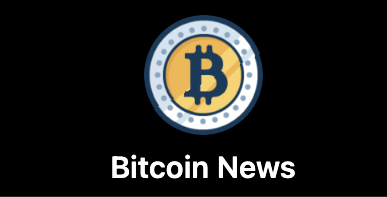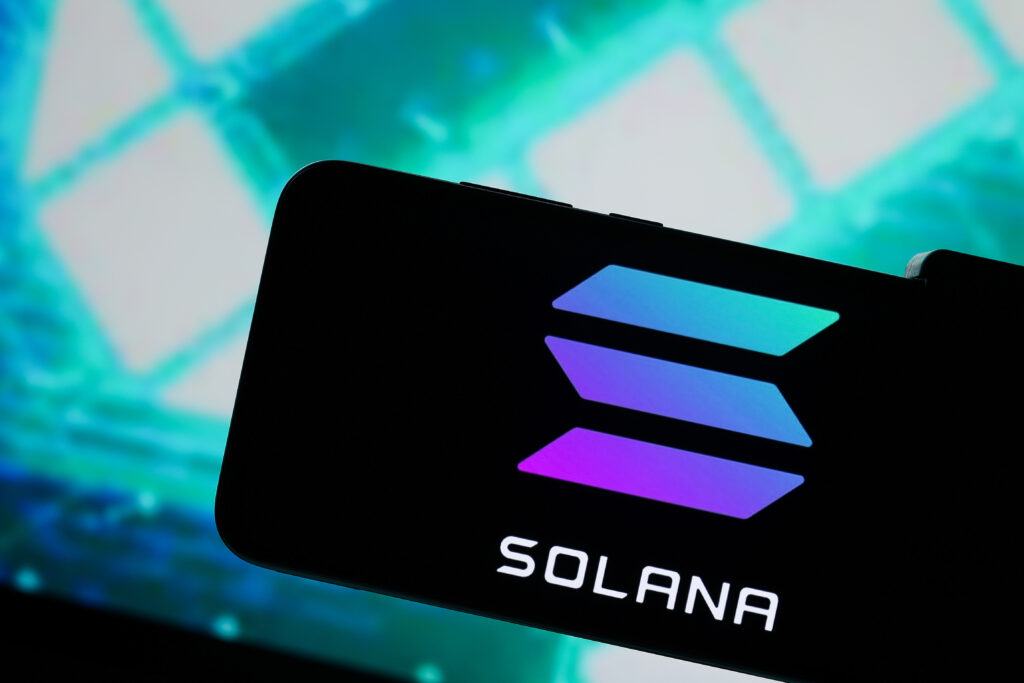Enquires@newsofbitcoin.com

Key Takeaways:
- Strategic Response to Congestion: The Solana Foundation is actively addressing network congestion by pinpointing high demand for block space and delays in upgrades as principal causes, with a focus on improving the core protocol.
- Performance Metrics: Despite the network’s underlying consensus layer functioning properly, Solana currently handles about 700 transactions per second, underlining the need for ongoing enhancements to meet user expectations.
- Development and Transparency: Austin Federa highlighted efforts to rectify implementation bugs and stressed the importance of transparency in blockchain development, likening Solana’s growth challenges to the early days of Amazon Web Services.
The Solana Foundation has identified high demand for block space and delays in implementing important patches as the key factors behind recent congestion issues in the network.
Austin Federa, the strategy lead at the Solana Foundation, provided insights during the Paris Blockchain Week into the efforts underway to address congestion problems affecting user transactions.
The v1.17.31 release is now recommended for general use by MainnetBeta validators. This release contains enhancements which will help alleviate the ongoing congestion on the Solana Network.
— Solana Status (@SolanaStatus) April 15, 2024
Federa stated, “The goal of the Solana project is to build the world’s fastest network that is open, permissionless and decentralized, and that is a tall order. There’s a team of engineers across different core contributor groups working on building the Solana network, and sometimes, they don’t quite get it right.”
Despite the challenges, the network’s consensus layer is functioning as intended, according to Federa.
However, from a user experience perspective, the performance is not meeting expectations. “It’s running at about 700 transactions per second now, which is still pretty commendable, even in the sort of degraded state the network is in now. But a lot of work still needs to be done on the Solana core protocol,” he added.
Solana rolls out version 1.17.31 update for MainnetBeta validators to alleviate the ongoing network congestion. 🔎
— Moby Media (@mobymedia) April 15, 2024
Plans are in place to address “bottleneck” issues within a specific component of the network’s infrastructure.
However, the timelines for these upgrades have not aligned perfectly with the demand forecasts, leading to current issues.
Federa offered a perspective on the situation, saying, “The charitable view of this is a failure of success. There’s massive demand for the Solana block space, and there’s a huge demand for the network. It’s processing more transactions than Ethereum’s layer 1 and layer 2s combined.”
He also acknowledged that a less favorable interpretation would be a failure in planning and executing necessary upgrades.
JUST IN: SOLANA RELEASED V1.17.31 UPDATE TO COMBAT ONGOING CONGESTION ON THE #SOLANA NETWORK
— BSCN Headlines (@BSCNheadlines) April 15, 2024
He noted that developers might have foreseen such spikes in demand based on past network activity.
Recently, Solana developers announced plans to address an “implementation bug” that had led to a high rate of transaction failures.
“It has been an ecosystem effort to identify the problem, potential solutions, and short-term and long-term improvements to the network,” Federa explained, mentioning that engineers have been working tirelessly, testing patches before deploying them to the mainnet.
We just smashed past 4M total trades on Zeta 🚀
Kudos to our traders flexing long & short across 14 perps markets despite the congestion chaos 💜
Get ready, Solana patches are rolling out & we’ve got something fresh loading up… 👀 pic.twitter.com/UzHA9UnAu5
— Zeta Markets | v2 Live 🔥 (@ZetaMarkets) April 15, 2024
Solana has faced criticism for network outages over the past two years.
Like its competitors, including several Ethereum layer-2 solutions that have also experienced downtime, Solana continues to evolve.
Federa compared the current stage of blockchain development to the early days of Amazon Web Services, which also faced significant challenges.
Addressing the scrutiny of blockchain technologies, Federa said, “I think it’s appropriate to be upset about downtimes and outages. The goal is 100% uptime, and that should be the goal for the whole industry. If that comes at the expense of no scale, that’s not necessarily the best trade-off.”
Solana v1.17.31 has released the is now recommended for general use by MainnetBeta validators. This release contains enhancements which will help alleviate the ongoing congestion on the Solana Network. Earlier, the failure rate of non-voting transactions on the Solana network was…
— Wu Blockchain (@WuBlockchain) April 15, 2024
He further noted that the continued use of a beta label by Solana is a candid acknowledgment of the network’s ongoing development and suggested that other networks might also benefit from such transparency.
On April 15, Solana released version 1.17.31 for mainnet validators, featuring improvements expected to reduce network congestion.
About The Author
Read More: How Solana’s Tech Team is Addressing Congestion Issues – Crypto Head
Disclaimer:The information provided on this website does not constitute investment advice, financial advice, trading advice, or any other sort of advice and you should not treat any of the website’s content as such. NewsOfBitcoin.com does not recommend that any cryptocurrency should be bought, sold, or held by you. Do conduct your own due diligence and consult your financial advisor before making any investment decisions.



